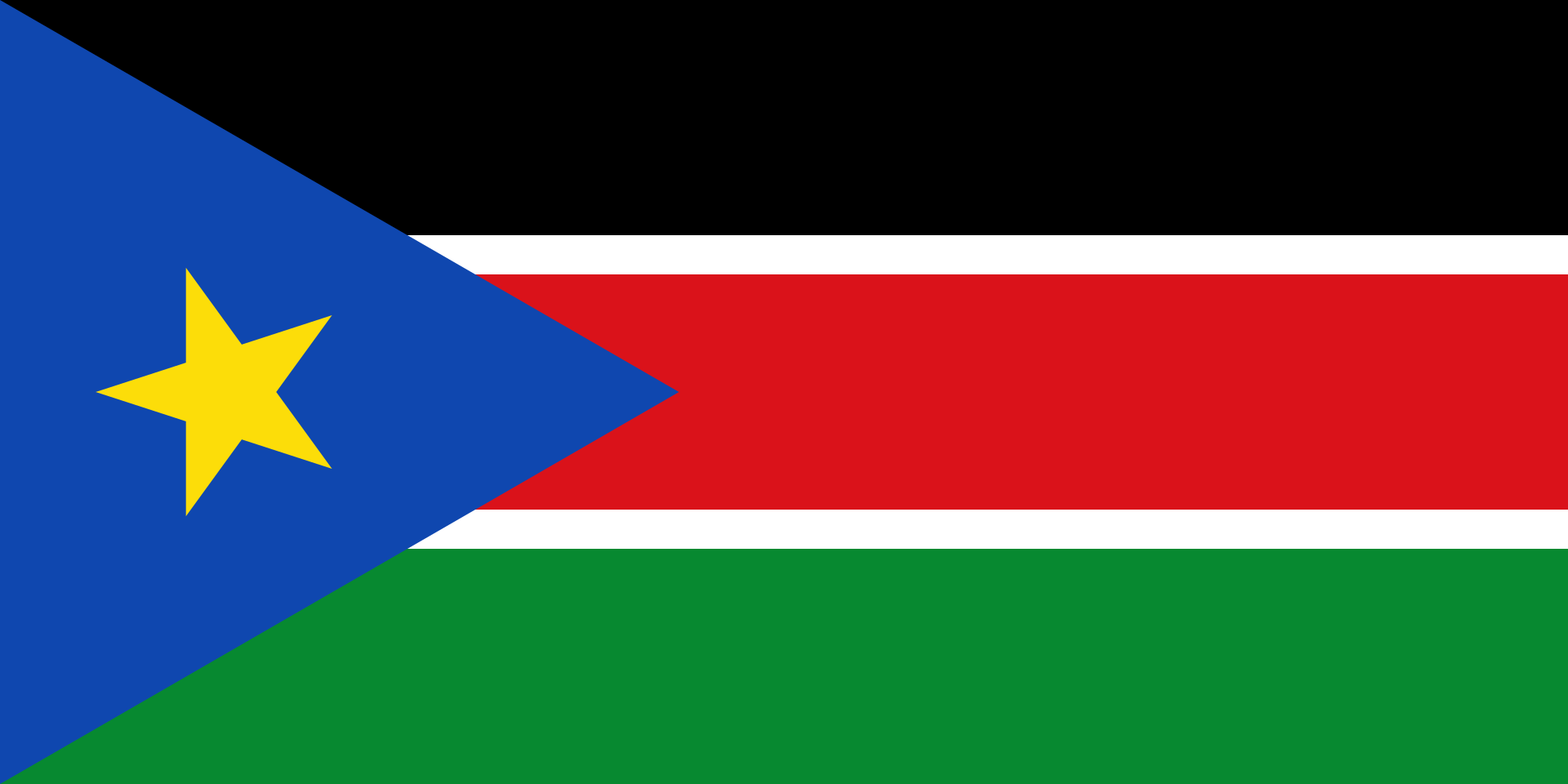South Sudan’s President Salva Kiir Mayardit has urged the other peace partners to unveil their flag bearers in preparation for general elections.
In December 2022, Kiir’s party, the Sudan People’s Liberation Movement (SPLM), endorsed him as its chairman and, by extension, presidential candidate in the vote. Kiir has been in office for over a decade.
In August last year, Kiir, First Vice President and opposition leader Riek Machar, and other political leaders announced the extension of the transitional government’s time in office for another two years, meaning general elections would be held in December 2024.
The current transitional coalition government was formed under a 2018 revitalised peace agreement.
Kiir, who was addressing a crowd of citizens at Freedom Square in Aweil town of Northern Bahr el Ghazal State on Tuesday, said it was high time the other political parties who are signatories to the peace agreement settle on their presidential candidates.
“I want all of you to be ready for the elections, and every party has its prepared fighting bull, and I am one of them. And the contestants must expose themselves so that they can be seen clearer, and when the time comes, we will meet in the field,” Kiir said.
The South Sudanese leader underscored that there will be no more transitional governments after the peace roadmap that was signed by the parties. He appealed to the parties to the peace agreement to help implement the roadmap.
“How many transitional governments have we formed so far? That is not good and by the end of this roadmap, we must go for the elections, and any person who loses the elections must not blame anyone. He/she must go home, and the one who wins shall go ahead with his government,” he said.
“We have held the elections once before our secession from Sudan, and I want all of you to be ready for the elections…Peace implementation is going well, and if there is something that is not done much, it does mean that there is no interest in implementing it. We are working on it, and the roadmap we are implementing now was made by all parties to the agreement,” he added.
Separately, President Salva Kiir warned local communities in Northern Bahr al Ghazal State from the use of girls as a source of wealth rather than sending them to school.
“We have a problem in girl child education, girl child education is important. There are people who just want the girls to be a source of wealth and cows when they grow up and the girls are not allowed to go to school. This is bad. Girls and boys have the right to go to school,” he said. - Chol Mawel, The Towerpost






